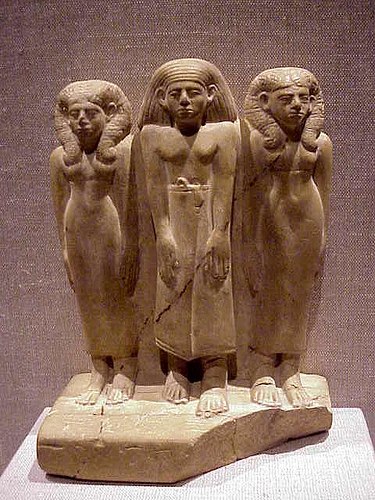
I came across a list by Terence Blacker, designed to elicit whether you are really, truly an author? There’s a lot of gold in that list, and I agreed with many of the items (disagreed with a few, too).
It got me thinking about the three aspects of being a fiction creator which I’ve been meaning to talk about anyway. I think the triad is, in alphabetical order:
- Author
- Storyteller
- Writer
I think they are three very different aspects to the craft and require different skills and talents. This post will focus on the first: authorship.
Blacker has some poignant thoughts about authorship, which I’m defining as the professional content creator. His list covers specifically writers, but I’d argue that authorship applies to scriptwriters, playwrights, game designers, et. al.
Blacker’s quiz, in a Jeff Foxworthy “You might be an author if…” style, includes the following ideas which resonated strongly with me:
- You write a book, and when it’s gone, it’s gone. It turned out not to be the perfect work you once envisaged but, for better or worse, it has reached its destination. If you are lucky enough to be asked to talk about it months later when it is published, you will see it from the outside, almost as if it has been written by a stranger. Your mind is on what you are writing now.
- You find yourself, rather shamingly being rather sparing when you write letters. You are not being paid. It is not part of your work. Words are your capital.
- You feel guilty when you are not working. Even on Christmas Day, there is a niggling sense within you that you have something more important to do than drink, laugh and have fun.
- You are aware that bitterness is the professional and personal enemy of every long-term writer. You have seen it erode the lives of fellow-authors, who brood over past slights and setbacks, and rage at the success of their contemporaries. You have made a mental note not to fall into the same trap.
These concepts tap into the professionalism of authorship, the feeling that the writing is not only fun, compelling or personal, but is in a real sense work. Work the author loves, ideally, but work nonetheless.
The comments to Blacker’s post include a link to more thoughts on being an author by Katie Ward, who points out that “authorliness” also includes the marketing and other adminstrative aspects of being a professional.
The author has an author website to maintain, tweets author tweets, has an author Facebook page, and an author photograph. The author gives author talks, does author interviews, keeps author accounts, files an author tax return, and answers author email.
It seems to me that a lot of the drama that surrounds some of the conversations among fiction writers boils down to a conflation of these three aspects of what we do. A lot of the backlash against the marketing parts of the work comes, I think, from people who aren’t accepting the “author” part of their career.
However, the synthesis of these three parts are what allow someone to have a successful career as a fiction creator.
It’s perfectly fine to write and not to be an author, just as it’s perfectly fine to be a storyteller who doesn’t write. For those of us who do want to synthesize all these parts, I think it’s useful to break down what each aspect does. Particularly since the skills are different and none of us are likely to be equally adept at all parts, it’s good to be able to identify those areas we can work on and focus on increasing those skills.
Call it professional development.

[…] to tell a great tale. To be on top of one’s game all these aspects need to be involved: authorship, storytelling and writing […]